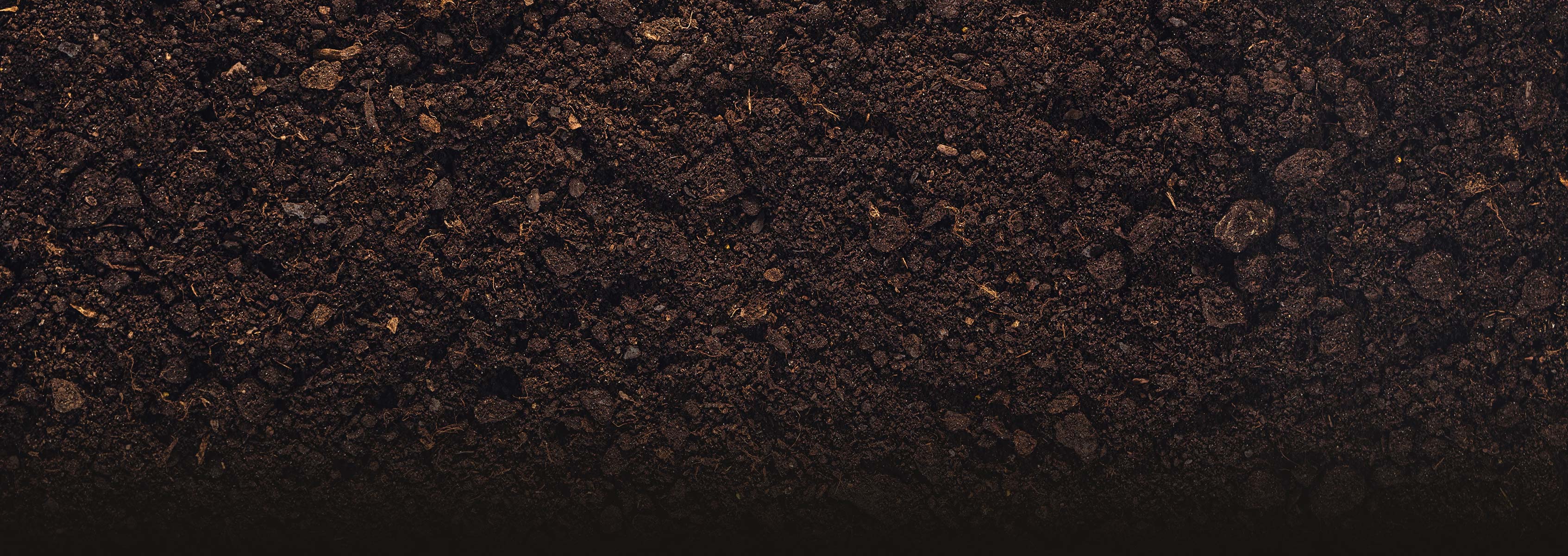Signature Infiltration and Maintenance on Plasmid Elements creating a Forensic Microbial System (SIMPLE-FMS)

J. Craig Venter Institute (JCVI) is developing a unique microbial barcode (“signature”) that can be easily be deployed in complex environments to create unique microbial signatures for environmental forensics operations.
The barcoded signature will be 1) maintained for specific amounts of time in a complex microbial community (microbiome) with minimal disturbance to the native environment; 2) transferable to a diverse array of objects; and 3) contained through control mechanisms that ensure its timely removal and containment.
Development of this technology will ultimately allow for a broad range of synthetic microbiome forensic applications that include, but are not limited to, geosourcing, tracking, and crime scene investigations. To the best of our knowledge, no microbiome-based approach has been fully validated and routinely utilized in a forensic context.
JCVI’s proposed innovative approach will allow the installation of DNA signatures on a set of broad host range, self-transmissible mobile elements that will persist in the microbiome and that can rapidly and efficiently transfer the signature to a new microbiome on a contacting object.
Because the signature will be broadly maintained within the community on self-transmissible mobile elements that can transfer themselves to a diverse community, the signature will be both robust and easily transferrable to a new community coming into direct contact with the labeled community.
Sensitive, field deployable detection methods based on isothermal DNA amplification will enable colorimetric detection of the signature sequence even in very low abundance.
This approach enables the ability to maintain and transfer a unique signature using a microbiome in the simplest and safest way possible.
Funding
This project was funded through the Defense Advanced Research Projects Agency (DARPA) through the Biological Robustness in Complex Settings (BRICS) Part 2 program.